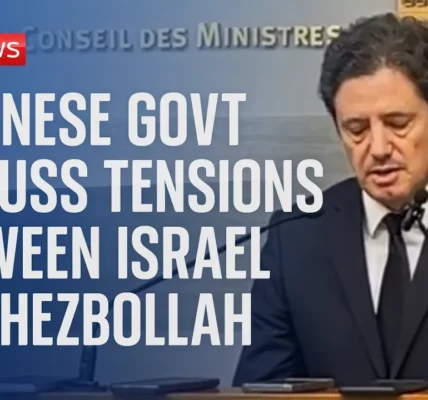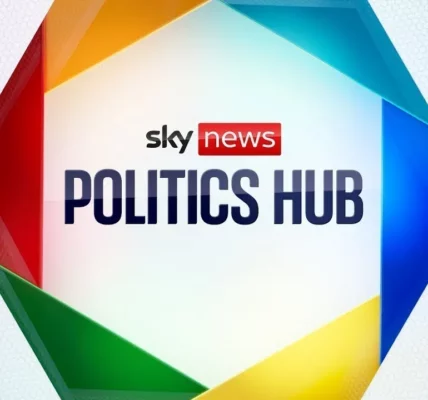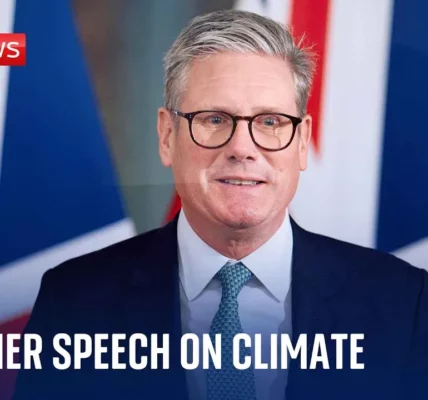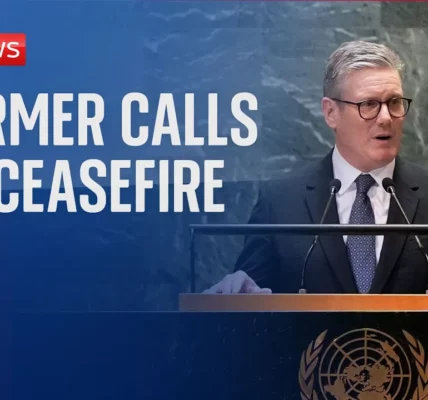Netanyahu Addresses Congress Amid Protests: A Political Overview

In this article, we delve into the recent political events shaping global discourse, including Israeli Prime Minister Benjamin Netanyahu’s speech to the US Congress, the unfolding leadership race in the UK, and the ongoing humanitarian crisis in Gaza. Through a detailed examination, we aim to provide insights into these critical issues and their implications for international relations and domestic politics.
Introduction to Recent Political Events
The political landscape is currently dominated by several key events, most notably Israeli Prime Minister Benjamin Netanyahu’s address to the US Congress, where he fervently defended Israel’s military actions in Gaza. Concurrently, the UK is witnessing a significant leadership contest within the Conservative Party, marked by Tom Tugendhat’s declaration to run for party leadership. These events come amidst widespread protests and calls for change, reflecting deep divisions within both Israeli and UK politics.
Netanyahu’s Impassioned Speech to Congress
On the heels of intense scrutiny and protests, Netanyahu delivered a compelling speech to the US Congress. His remarks were characterized by a staunch defense of Israel’s military operations in Gaza and a vehement denunciation of the demonstrators outside the venue.
Key Themes in Netanyahu’s Address
- Defense of Military Actions: Netanyahu sought to justify Israel’s ongoing military campaign, emphasizing the need to eliminate perceived threats from Hamas.
- Condemnation of Protesters: He labeled the protesters as “Iran’s useful idiots,” indicating a clear stance against dissenting voices within the US.
- Call for Support: The speech included a plea for continued military support from the US, framing it as crucial for Israel’s survival.
Reactions to the Speech
While Netanyahu received standing ovations from some members of Congress, the speech was overshadowed by protests. Many prominent Democrats, including former House leader Nancy Pelosi, boycotted the event, reflecting a significant divide in American politics regarding Israeli actions in Gaza.
UK Conservative Leadership Race: Tom Tugendhat Steps Forward
As the UK grapples with its own political challenges, Tom Tugendhat’s announcement to run for leader of the Conservative Party has sparked discussions about the future of the party and its direction.
Context of Tugendhat’s Candidacy
Tugendhat’s declaration comes amid a backdrop of political turmoil within the Conservative Party, following significant electoral defeats. His positioning against the European Convention on Human Rights is notable, as it aligns with the party’s rightward shift.
Key Points in the Leadership Race
- Shift to the Right: Tugendhat is perceived to be appealing to the right-wing base of the party, which has grown increasingly vocal.
- Internal Divisions: The Conservative Party faces significant internal strife, with various factions vying for influence.
- Future of UK Politics: The outcome of this leadership race could have far-reaching implications for the UK’s political landscape, especially regarding immigration and human rights policies.
Jeremy Corbyn’s Maneuvers and the Left’s Response
In a parallel narrative, former Labour leader Jeremy Corbyn has been actively seeking to rally independent MPs to challenge the current Labour government’s policies, reflecting ongoing tensions within the left of UK politics.
Corbyn’s Strategy
Corbyn’s approach involves assembling a coalition of independent MPs to provide a counter-narrative to the Labour government’s agenda. This move is seen as an effort to redefine the left’s position in British politics.
Potential Outcomes
- Strengthening the Left: If successful, this could lead to a more unified leftist front against the Conservative Party.
- Internal Labour Dynamics: Corbyn’s actions may exacerbate existing divisions within the Labour Party, particularly among its more centrist members.
Conclusion
The political climate is undeniably tumultuous, with significant events unfolding in both Israel and the UK. Netanyahu’s speech highlights the complexities of international relations and internal dissent, while the UK’s leadership race signals a pivotal moment for the Conservative Party. As these narratives develop, they will undoubtedly shape the future of political discourse both domestically and globally.
For further insights on these topics, feel free to explore our related articles on UK Politics and Middle East Issues.
“`




